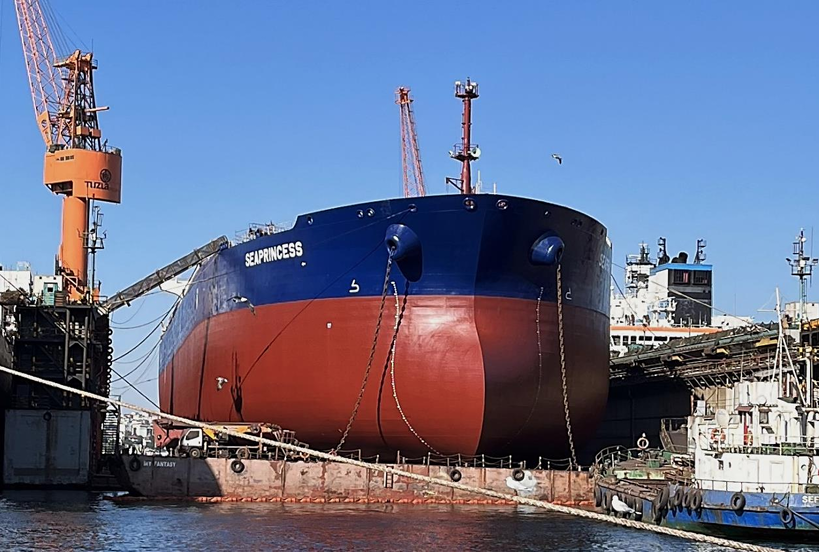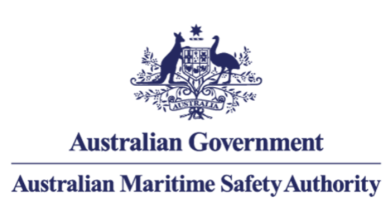
Poor posture, inadequate seating and a host of other factors can lead to life-changing injuries on RIBs as small craft passenger safety is pulled sharply into focus by recent events in the small craft sector. If the sector’s reputation is to survive accidents like Seadogz, owners and operators need to start owning best practice, controlling the risks and demonstrating that their trips are safe, says MAIB (Marine Accident Investigation Branch). Continue reading “MAIB: Small craft passenger safety must be more prevalent”










